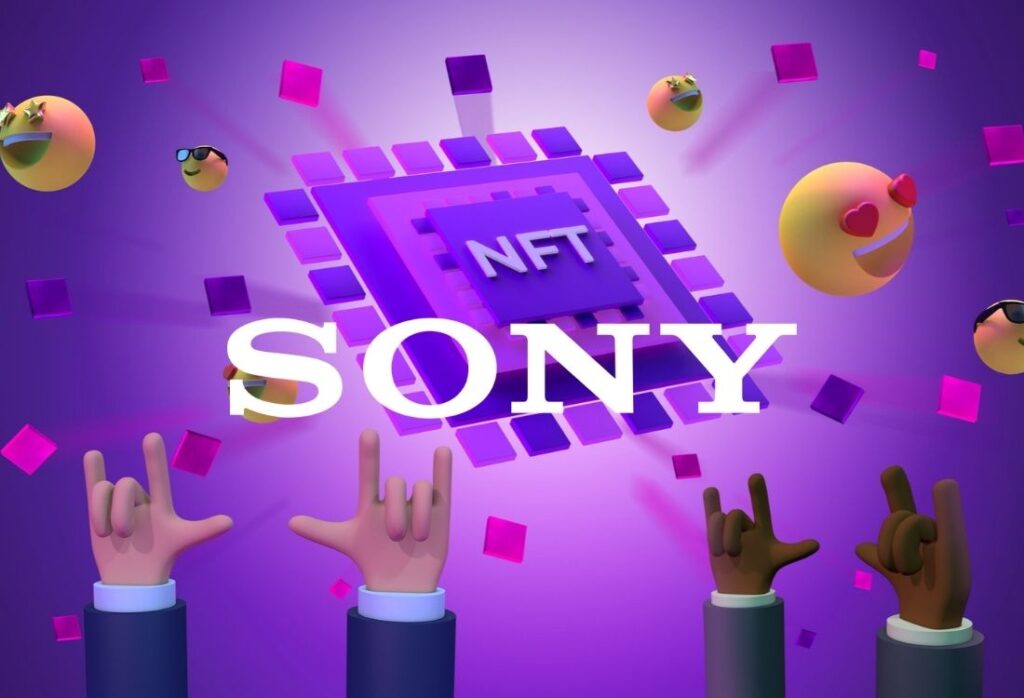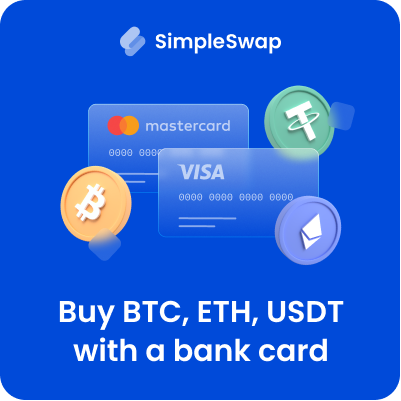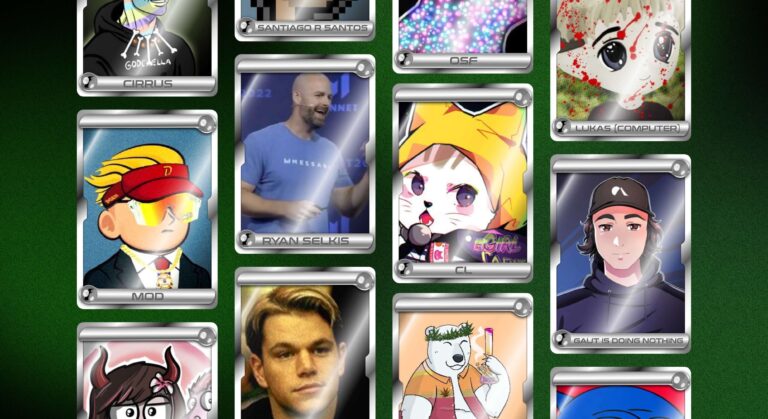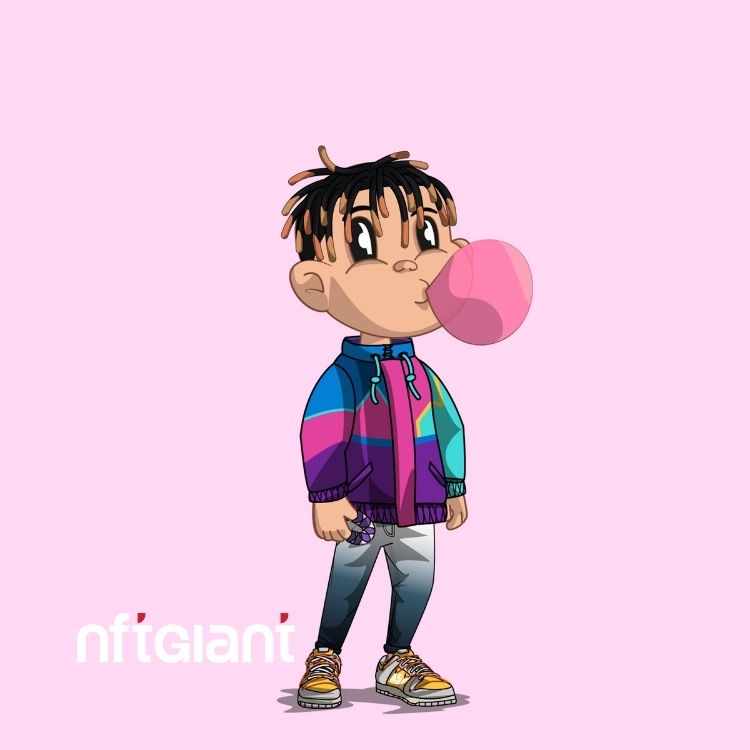The digital landscape is ever-evolving, and NFTs have been at the forefront of this transformation. But Sony’s latest patent might just be the game-changer we’ve all been waiting for.
Nfts are not just transforming the art and gaming worlds; they’re challenging our very understanding of ownership in the digital age. And now, with a groundbreaking move from Sony, the NFT universe is about to get even more intriguing.
Dive in with me, and let’s explore this new frontier together.
The Rise of NFTs and Sony’s Bold Move
Contents
NFTs, or Non-Fungible Tokens, have been making waves, redefining digital ownership. These unique digital assets have shown that virtual items can hold immense value, akin to their physical counterparts.
Enter Sony, with a patent that’s set to redefine how we perceive NFTs in the gaming world.
Filed in 2018 and only recently unveiled to the public, Sony’s patent introduces a system allowing NFTs to be swapped between games and consoles.
Imagine owning a unique in-game item and being able to carry it across different games and platforms. That’s the future Sony envisions.
The Mechanics Behind the Magic
Sony’s approach revolves around a “distributed ledger” for NFTs. This ledger meticulously tracks the ownership history of each NFT, along with its metadata, like rarity or special abilities.
The beauty of this system? It hands over the true ownership of in-game items to players, moving away from the current model where items are essentially “rented” from developers.
Currently, many games use a system where players can purchase in-game items, but these items are tied to the specific game and cannot be transferred to other games or platforms.
With Sony’s system, however, players would be able to buy an NFT that represents their in-game item, and then transfer that NFT to other games and platforms as they see fit.
This could be a game-changer for the gaming industry, as it would make it possible for players to build up a valuable collection of in-game items that can be transferred between games and platforms.
The Implications for Gamers
Today, in-game items are typically confined to the game they’re purchased in. But Sony’s vision could allow players to amass a valuable collection of items, transferable across games and platforms.
Think of buying a rare in-game sword and then introducing it to another game where it retains its value and uniqueness.
Sony’s NFT system isn’t just about flexibility; it’s also about security. The gaming world isn’t immune to scams, with players often duped into buying worthless in-game items.
Sony’s ledger-based approach could be the antidote, ensuring each NFT’s authenticity and making scams a thing of the past.
Challenges on the Horizon
However, it’s not all smooth sailing. Cross-platform play is gaining traction, but transferring NFTs between different gaming systems remains a challenge. Additionally, intellectual property rights could become a hotbed of contention. Game developers currently hold rights to in-game items, and Sony’s system could stir the pot, leading to potential legal skirmishes.
Sony’s patent might have its challenges, but it’s undeniably a leap forward for NFTs and the gaming industry. It promises a future where digital ownership is tangible and secure, potentially unlocking NFTs’ full potential.
Wrapping Up
By giving players more control over their in-game items and creating a more secure system for tracking these items, Sony’s system could help to unlock the full potential of NFTs and make digital ownership a reality.
Overall, it’s clear that NFTs are here to stay, and that they have the potential to revolutionize the way we think about digital ownership.
With Sony’s new patent, we may be about to witness the next big leap forward in this exciting new field!
NFTs are more than just a trend; they’re shaping the future of digital ownership. And with Sony’s groundbreaking patent, we’re on the cusp of a new era.
If you’re keen on diving deeper into the world of NFTs, keep an eye on Nft Giant for the latest insights. Until next time, stay curious and keep exploring!











